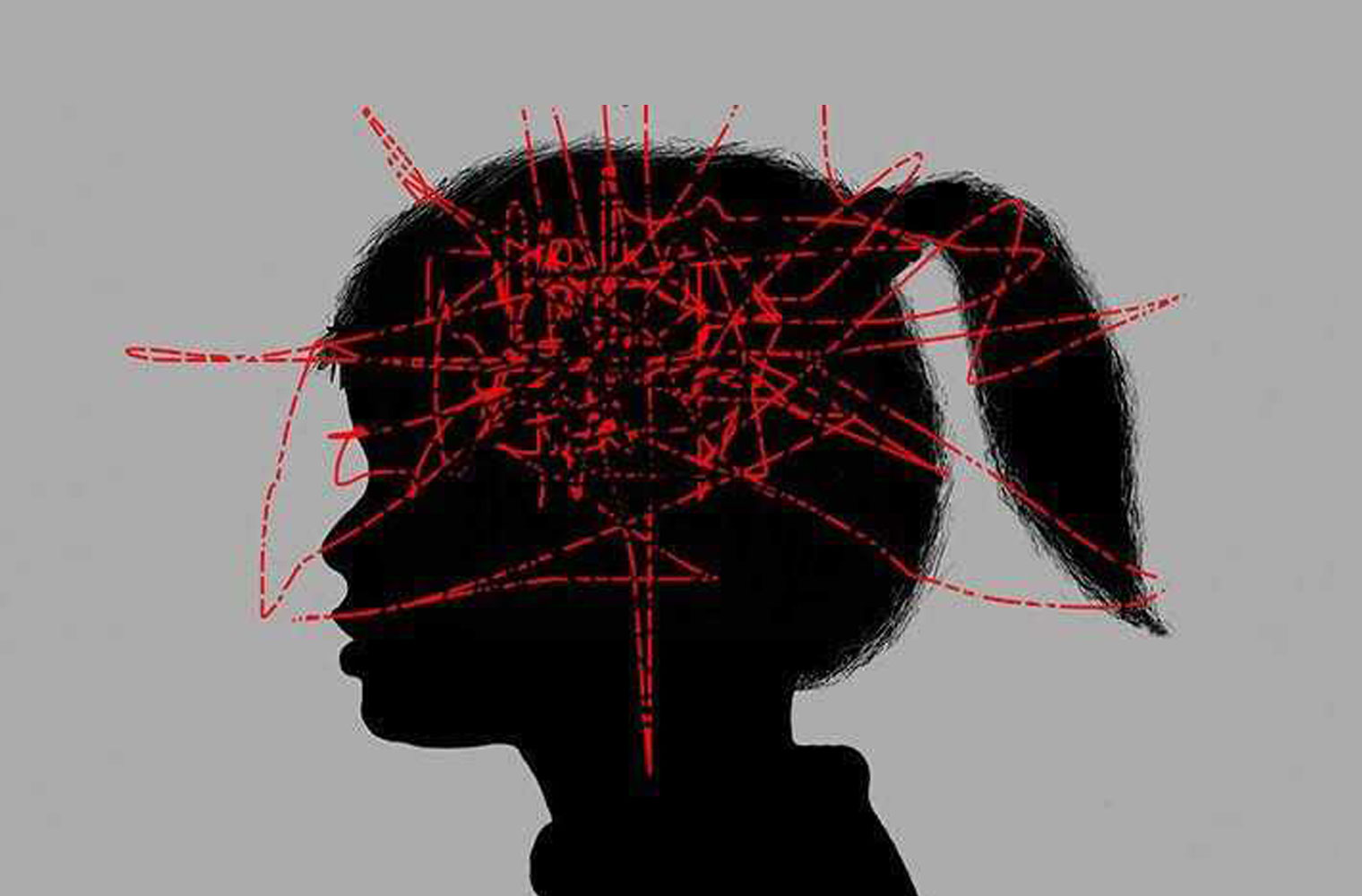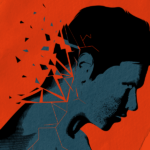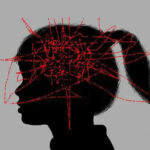
Understanding Trauma: The Lasting Impact of Past Hurts

Often when talking with clients, a variety of issues present themselves: a lack of healthy boundaries, difficulty with healthy relationships, difficulty with regulating their emotion, difficulty trusting others, and maladaptive coping skills, to name a few.
What becomes apparent is the role of the client’s childhood, their caregivers, and how they learned to adapt and survive. Trauma is frequently thought of as events that occur; however, trauma is not the events themselves but the body’s response to those events.
The Role of Childhood in Trauma
We often think of the big, one-off events such as witnessing violence, natural disasters, a car accident, or some kind of abuse that cause the most trauma, and while these events have the possibility to have such an effect on the body, trauma is also born and bred from the small, repeated events over time, especially if they are frequent, intense, and long-lasting.
For example, aggressive, chaotic, harsh, and/or punitive environments, inconsistency in the home (child-rearing practices, emotional states, verbal cues, presence/absence of caregivers, etc.), and instability in the family (financially, emotionally, etc.) can all be traumatic.
The interconnectedness of emotional immaturity, boundaries, personality disorders, coping skills, attachment trauma, and other wounds are thus linked to varying degrees. Here are some definitions according to the American Psychological Association (APA) (2023):
- Emotional immaturity can be defined as “a tendency to express emotions without restraint or disproportionately to the situation”.
- Boundaries are “a psychological demarcation that protects the integrity of an individual or group or that helps the person or group set realistic limits on participation in a relationship or activity.”
- Personality refers to “the enduring configuration of characteristics and behavior that comprises an individual’s unique adjustment to life, including major traits, interests, drives, values, self-concept, abilities, and emotional patterns.”
- Coping skills or coping strategies are “an action, a series of actions, or a thought process used in meeting a stressful or unpleasant situation or in modifying one’s reaction to such a situation.”
- Attachment refers to “the emotional bond between a human infant…and its parent figure or caregiver; it is developed as a step in establishing a feeling of security and demonstrated by calmness while in the parent’s or caregiver’s presence. Attachment also denotes the tendency to form such bonds with certain other individuals in infancy as well as the tendency in adulthood to seek emotionally supportive social relationships.”
When we experience trauma, particularly in childhood and related to caregivers and our immediate environments (home and school), the impacts can be long-lasting, even lifelong if left untreated. We can become less resistant to stress and illness and more at risk for substance abuse/misuse, incarceration, other mental and physical illnesses, and suicide.
We can become easier targets for later abuses, misidentify red flags in relationships, have porous or rigid boundaries, lack emotional depth and language for our emotions, and have insecure attachments (preoccupied, avoidant, disorganized) and other attachment traumas. Moreover, the longer our traumas go untreated, the more they begin to look like personality disorders, or maladaptive coping strategies that once kept us safe and now no longer serve us.
There are many ways to work with trauma, and finding a mental health professional who is patient, knowledgeable, feels safe, and can guide us through these difficult and intense emotions and memories can be helpful in finding healing. As Gabor Mate states, “Trauma breeds in isolation; healing happens in community” (YouTube, 2015).
*Disclaimer: This is not meant to be exhaustive, and while these concepts can be interconnected, each person is different and unique. Working with a mental health professional can provide support, exploration, and personalized interventions based on each person’s needs.
References
American Psychological Association. (2023). APA Dictionary of Psychology. American Psychological Association. https://dictionary.apa.org/emotional-immaturity
Herman, J. L. (1992/1997). Trauma and recovery: The aftermath of violence – from domestic abuse to political terror. Basic Books.
YouTube. (2015). Trauma, Healing and The Brain: Community Learning Event, Dr. Gabor Mate. YouTube. Retrieved September 25, 2023, from https://www.youtube.com/watch?v=I3WzMpjtkrs.
Resources
Books
“My Grandmother’s Hands” by Resmaa Menakem
“Trauma and Recovery” by Dr. Judith Herman
“What Happened to You?” by Oprah Winfrey and Dr. Bruce Perry
“Living Heavy Things” Laura Khoudari
“Dissociation Made Simple” by Dr. Jamie Marich
“Adult Children of Emotionally Immature Parents” by Dr. Lindsay Gibson
“Healing Your Lost Inner Child” by Robert Jackman
“Men’s Work” by Connor Beaton
“The Sexual Healing Journey” by Wendy Maltz
“Complex PTSD: From Surviving to Thriving” by Pete Walker
“The Complex PTSD Workbook” by Dr. Arielle Schwartz
“Wherever You Go, There You Are” by John Kabat-Zinn
“Polysecure” by Jessica Fern
“Adult Daughters of Narcissistic Mothers” by Dr. Stephanie Kriesberg
“Codependent No More” by Melody Beattie
“Set Boundaries, Find Peace” by Nedra Glover Tawwab
“Drama Free” by Nedra Glover Tawwab
Websites
http://www.traumasurvivorsnetwork.org/pages/home
Podcasts
“We Can Do Hard Things” by Glennon Doyle
“Being Well” by Dr. Rick Hanson and Forrest Hanson
“The Trauma Therapist” by Dr. Guy Macpherson
“SelfHealers Soundboard” by Dr. Nicole LePera and Jenna Weakland



